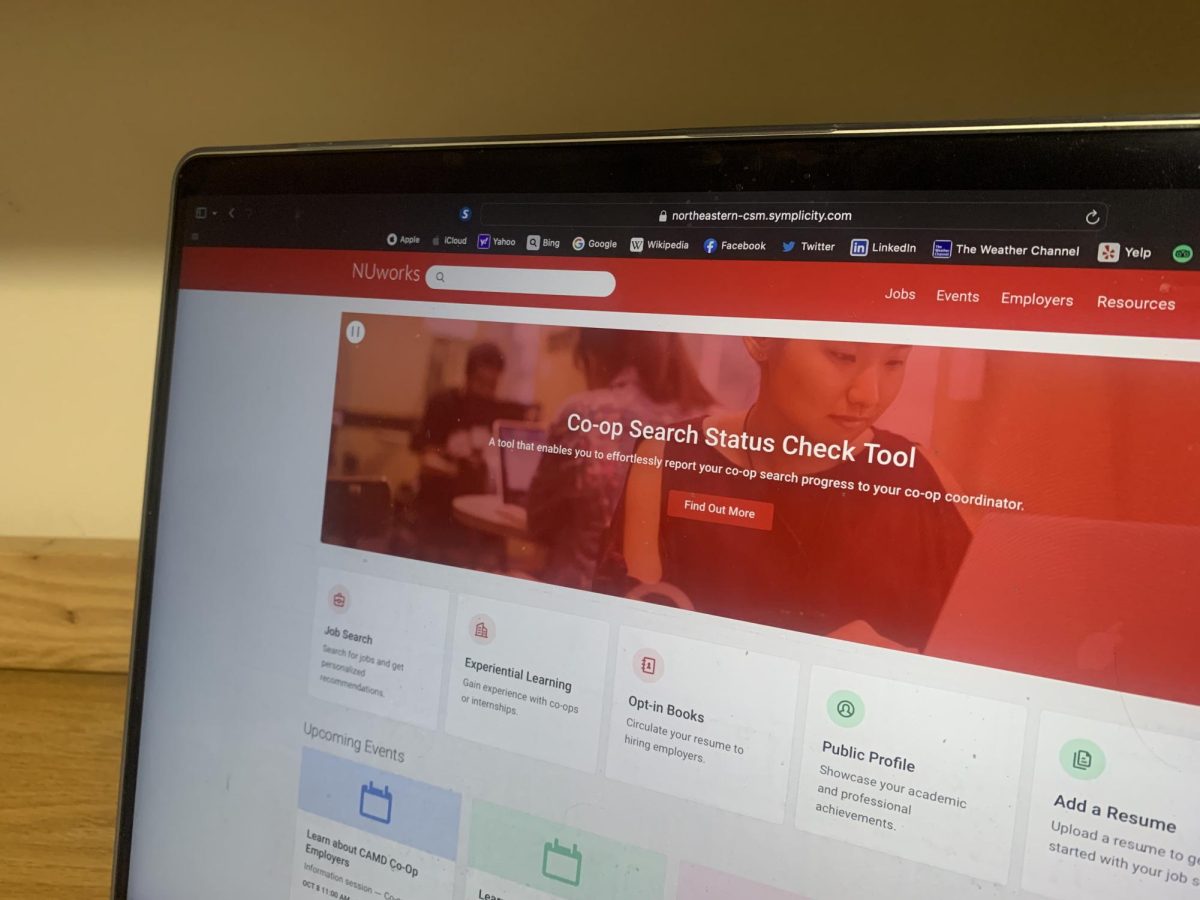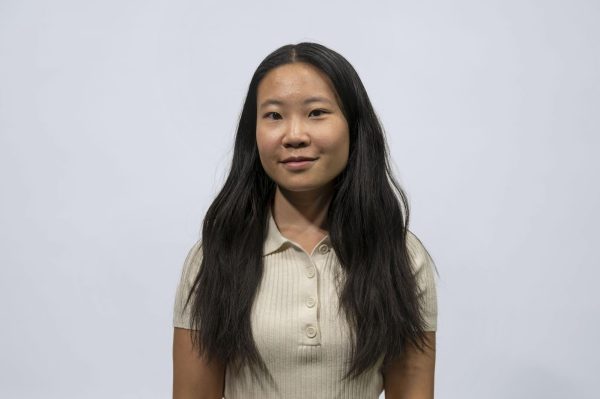Northeastern University’s pièce de résistance is its cooperative education program, or co-op, which allows students to access the workforce while remaining active students. While this program is known for its success and is a major pull for incoming first-years, I believe there are some real concerns with the co-op process and the university culture overall.
Co-op is a program several colleges now utilize to attract students who want to get real work experience while still in school. According to Northeastern, the co-op program allows students to explore experiential learning and practice useful real-world skills, like the interview process and resume building. These skills help many students on co-op enter the workforce quickly post-graduation, sometimes through company return offers from the connections they make.
Other universities that have witnessed this success have also started promoting it as an attractive draw to their school. All of the universities that utilize the co-op program preach how co-op can aid students in exploring their potential career paths. They all offer students the option to test out occupations, and to determine which career path suits them best.
These programs also emphasize how many co-ops are now paid positions, which is very attractive to college students since it offers a meaningful income. This paycheck can aid students exponentially by helping them pay rent, buy groceries or allow students to splurge on themselves. All of these expense management skills also add to the “real world experience,” learning to create a healthy work-life balance.
As Northeastern students, we all know the alleged benefits of co-op and how it helps with career readiness and real-world experience, but is the experience as integral to success as we are all told? While the co-op program has been successful for the most part, some problems need to be addressed.
Similar to other measures, like new critical thinking programs, that universities adopt to attract more students and increase application rates, these programs can be forced upon students who may not want to participate. Since co-op is such a large part of Northeastern, students who struggle to find a good co-op, enter a co-op just to realize they don’t like it or those who do not want to be in the program whatsoever can feel pressured into making a commitment that is not worth their time.
These students do not deserve to be pressured into a job they might hate while still in college, which is meant to be an exciting experience before entering the workforce for decades.
Since the co-op program is a cornerstone of Northeastern, there needs to be more space for students who realize they are uninterested. One example of this that Northeastern provides is the Experiential Network, a lesser-known program for students who want to experience experiential learning without going on co-op. These programs are not widely discussed at Northeastern to maintain a focus on co-op for experiential learning, and this focus is invalidating those who would be interested in something like the Experiential Network.
Additionally, many students who want to graduate in four years are pressured into spending more money and time to add one or two co-ops to their schedule. Northeastern tuition is currently $32,495 per semester for full-time students. Spending another year at university could be detrimental to a student’s finances. Even if they get a job after graduation due to co-op, that does not necessarily mean they will be able to pay off their student debt quickly.
This “career-readiness” pressure is another daunting anxiety added to college students’ plates exacerbated through the co-op application process.
While many of the enticing features of a co-op include the real work experience it provides through learning to work on a team and practicing being a professional, these skills can be gained through different means. Teamwork, work ethic, and rational thinking skills can be developed in various ways, such as in sports and clubs in college.
Another drawback to the co-op process is the advising. Academic advisers are Northeastern employees — therefore, they will try to help students organize their schedule for their time at college, but they are also trying to push the university’s interests.
These interests are clear when advisers tell you it would be “less stressful” to graduate in five years instead of four. While some may genuinely believe this, it is also a clear way to encourage a five-year program at the university instead of the classic four-year plan. Some advisers also make sure to portray that you will not gain everything out of your experience at Northeastern unless you do at least two co-ops.
If a student comes to Northeastern as a student in the Explore Program and is pressured into finding their first co-op in their sophomore year, there is a minimal timeframe for figuring out what job they want to explore for six months. Scarily enough, there is no “drop period” for a job — there is only quitting. Quitting one’s co-op is taboo since you cannot enroll in classes after a certain point, which means there are not many options if you do not like your job. This is an unfortunate reality for some and it is extremely anxiety-inducing to imagine what your options are if you become seriously unhappy with your co-op experience.
In contrast, Northeastern classes also attempt to prepare students for co-op and the workforce. One large positive regarding co-op is its ability to teach students about connection-building. However, many professors do research at the university or other universities in Boston and know an array of individuals who are always looking for Northeastern students to work for them.
Most professors do a fabulous job of describing their career pathways and how they got to where they are today. By taking classes in topics you are thinking about focusing on as a career, you can learn how interested you are. If you realize that the subject is not as promising as you initially thought, you can consider that if you choose to apply for co-op.
That being said, the co-op program can be beneficial for students looking for real-world experience while still being in an academic setting, but at schools like Northeastern, opting not to do co-op needs to become more accepted.
Every student is different and looking for a unique experience in college, and these alternative perspectives should be acknowledged. With the program’s popularity, students should be aware of the co-op pushing agenda and recognize this when planning out their future at Northeastern.
Ava Vitiello is a second-year political science major. She can be reached at vitiello.a@northeastern.edu.
The Huntington News is dedicated to serving the Northeastern University community with original, professional reporting and creating an environment in which student journalists can learn from one another. Support an independent, free press at Northeastern University with your donation today.


















